After what seems like a day of delays, Nintendo’s new license application—tied to its updated Community Tournament Guidelines that went into effect on Nov. 15—is now live, and Super Smash Bros. players are happy with at least one part of the process.
After the initial announcement of these new guidelines rolled out on Oct. 24, there was an uproar within select Nintendo communities about whether older games would be supported and the limitations these new rules would bring to the various competitive scenes.
Now the list of games that organizers can apply to run events for is live, some of those worries have dissipated—to an extent.
Much to the relief of Smash 64, Melee, and Brawl players, all three games have joined Ultimate on the updated application form that players and TOs have been sharing on social media. The only Smash game not present is Smash 4, though there is an option to submit “other” options, which likely encompasses every eligible title not featured on the initial submission.
That removed the biggest worry for Melee players, who thought there may be a chance Nintendo would leave the game off of its list or provide no official way to submit for a tournament license when it came to older games.
This public application features a submission process including rulesets, tournament dates, size, scope, and various other details like vendor information. A section notes a “tournament license must be approved before a tournament can be announced” if an event requires one to function under this extensive list of guidelines that are now in effect for any tournament that was not already announced for the remainder of 2023.
Additionally, at the bottom of the form, various boxes can be checked by TOs asking for a given exemption in areas like admission fee or sponsorship limitations, which is a good sign for more communication with Nintendo being available in any applicable cases—though that is still at the company’s sole discretion, which is worrisome.
“At a high level, I think it is very fair to say Nintendo has significantly if not almost entirely destroyed any concept of Major tournaments as they existed in the past,” ESG Law attorney Harris Peskin said.
As Peskin notes, this is a very early look at the application process with a lot of ambiguity that can likely be worked around.
A future version of this application will likely be expanded upon with additional guidelines for what a ruleset needs to contain to be approved, other answers to frequently asked questions, and the ability to provide documentation in multiple ways.
Despite that, there are still clear signs that events will be negatively impacted moving forward including around entry fee, sponsorship, and other monetization limits that will hamstring TOs without exemptions, along with the apparent need to disclose financial documents through any new application process.
These guidelines are now in place and, at the very least, still allow for Melee events to be hosted through official means. The extent to which a license is required is now up to individual TOs, and their legal advisory team’s, interpretation based on status of profitability.
“My legal advice [and] the question is, are you for-profit or non-profit?” Peskin said. “If you are non-profit and simply using the money you’re to fund the operation of the tournament, then I think you are probably not going to be governed by this, but if you are generating profit, this is a question as to the degree of profit you are generating, the attractiveness of going after you—that’s a question Nintendo would have to weigh on its own.”
Peskin went on to say he probably shouldn’t state anything as legal advice because Nintendo has continued to prove to him that they “really just don’t want [the competitive] scene to exist,” so anything could happen.
That includes questions that aren’t directly answered here, like what counts as operational costs and how Twitch subs factor into revenue, especially in the case of an individual like Hungrybox or Mang0 hosting an event on their personal Twitch channels.
And even still, you will have tournaments popping up outside of these guidelines that will toe the line, such as KoDoRiN’s new KoDonation Charity Monthly, which will utilize Melee’s online Slippi mod to host an event where the winner decides which cause stream donations to raise.
We likely won’t see the full ramifications of this guideline change until 2024 when every event that falls under them will need to apply for a license, but the interim still looks murky based on what we currently know.


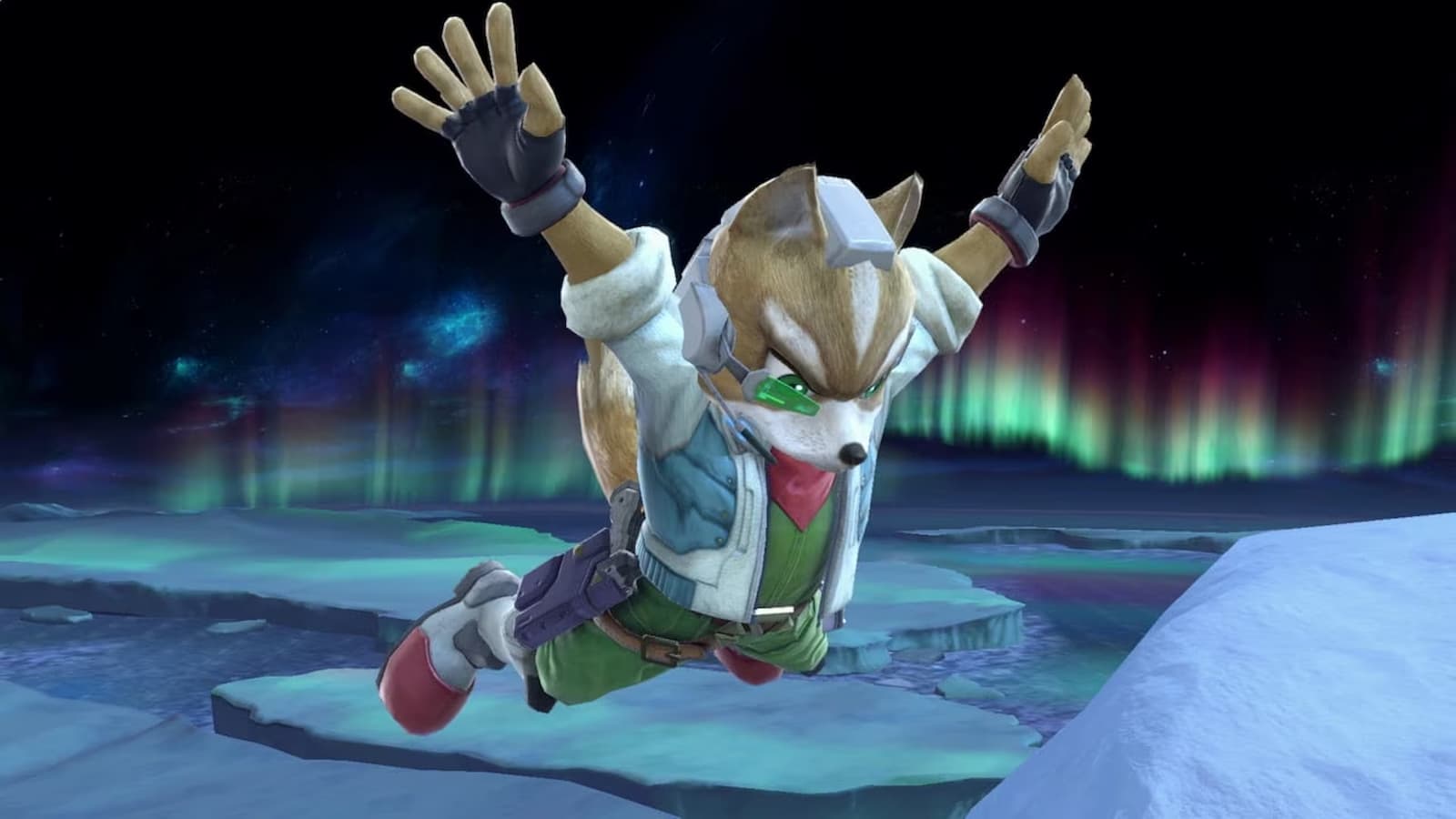
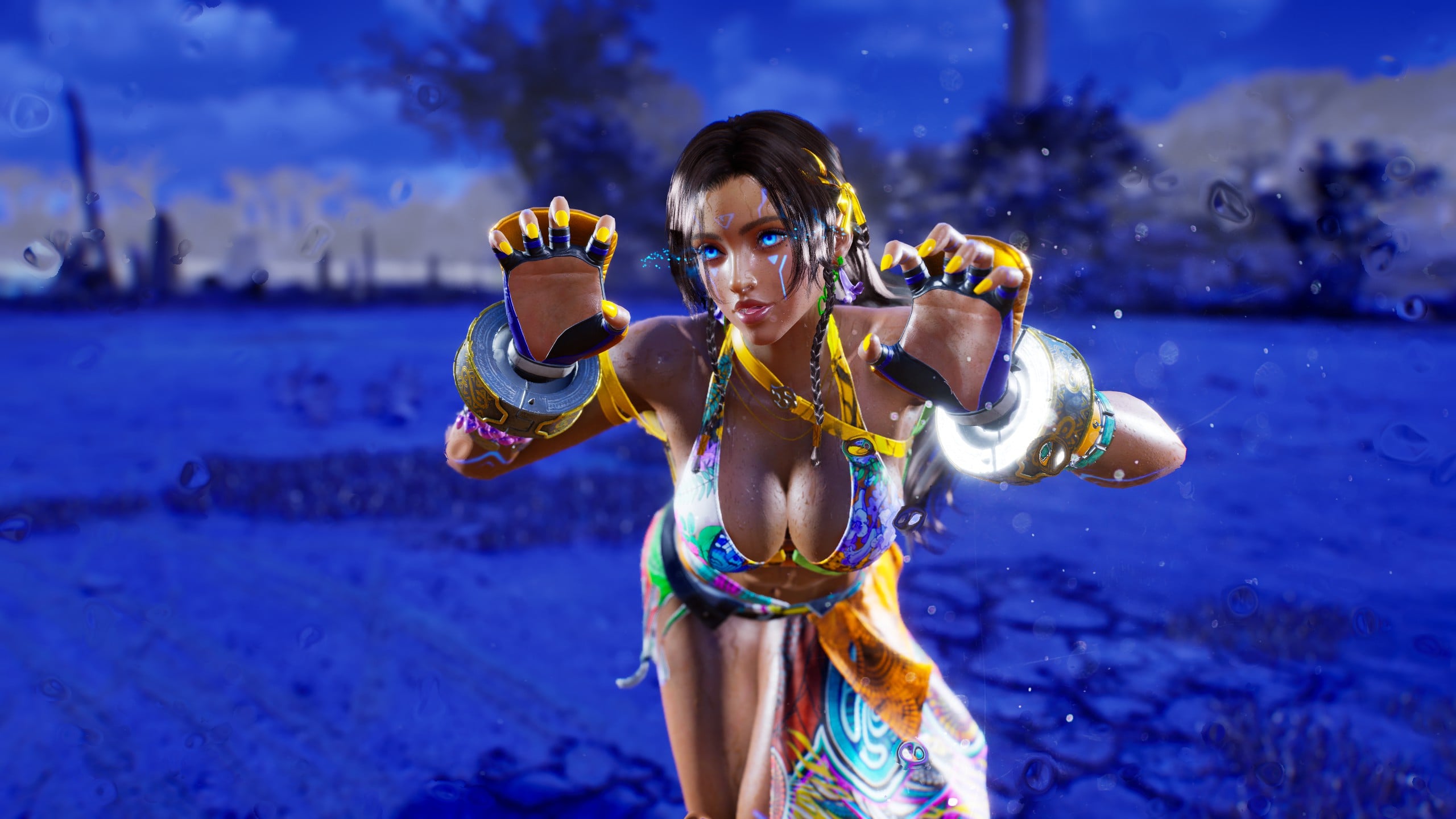

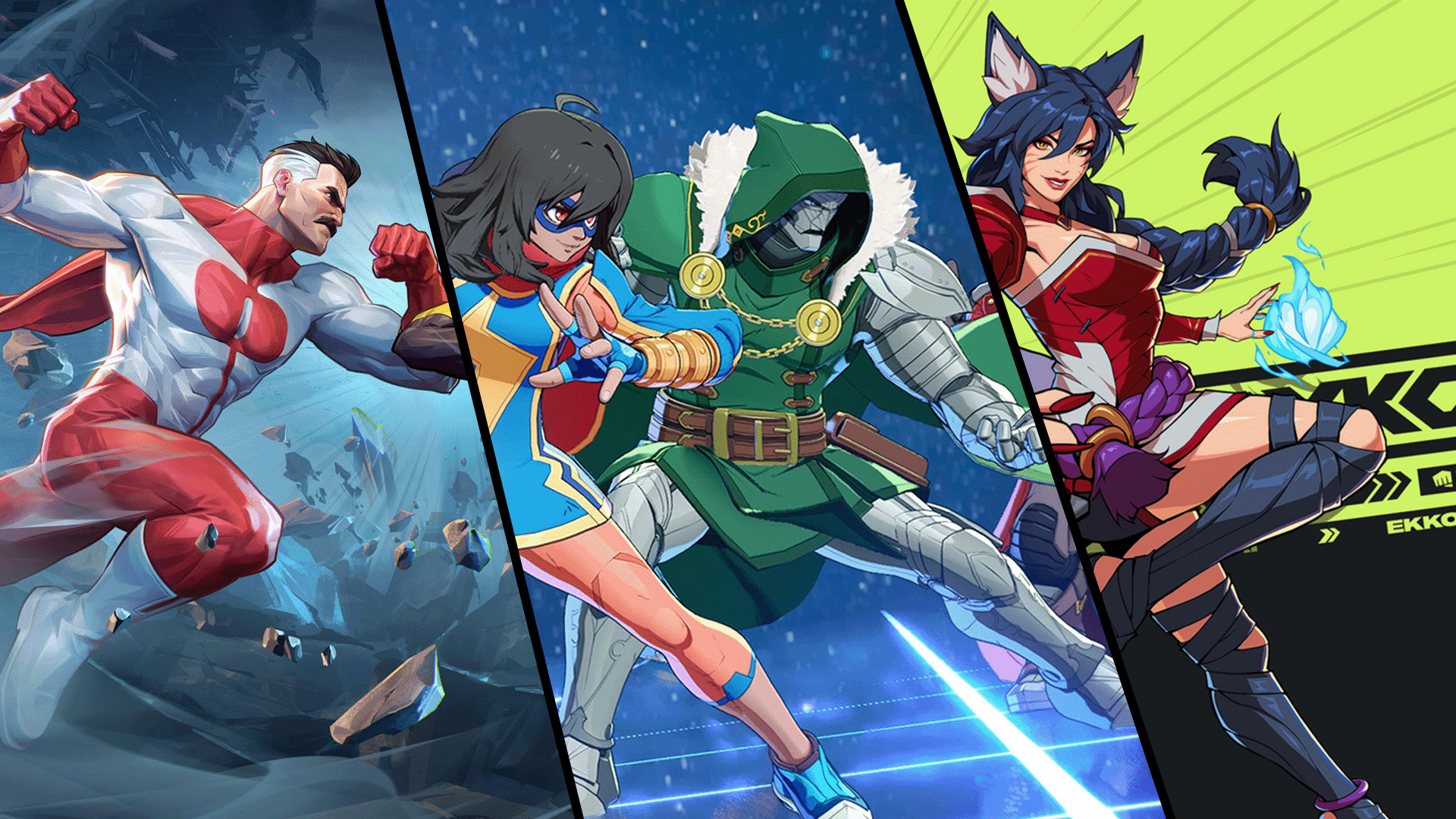
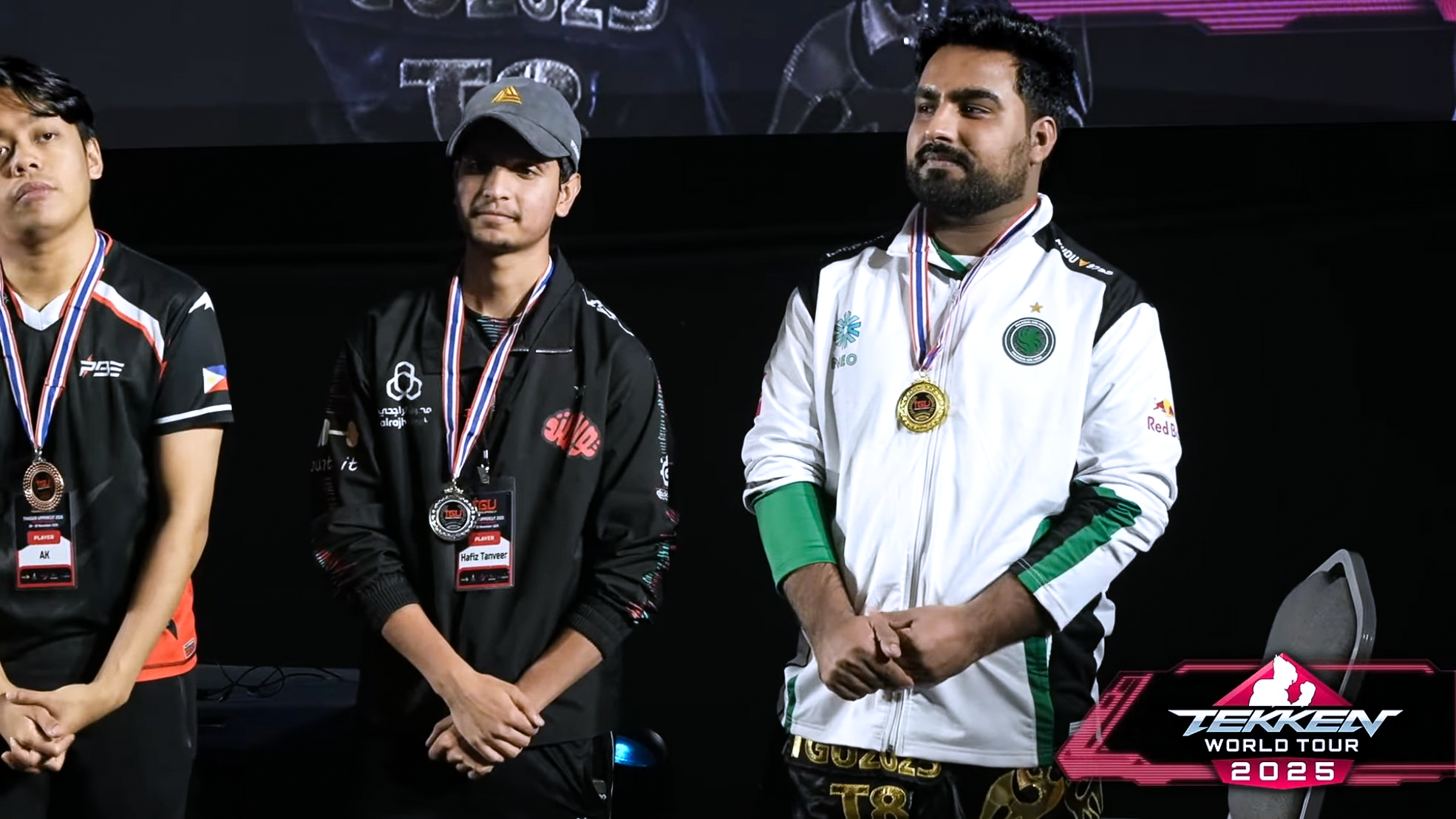
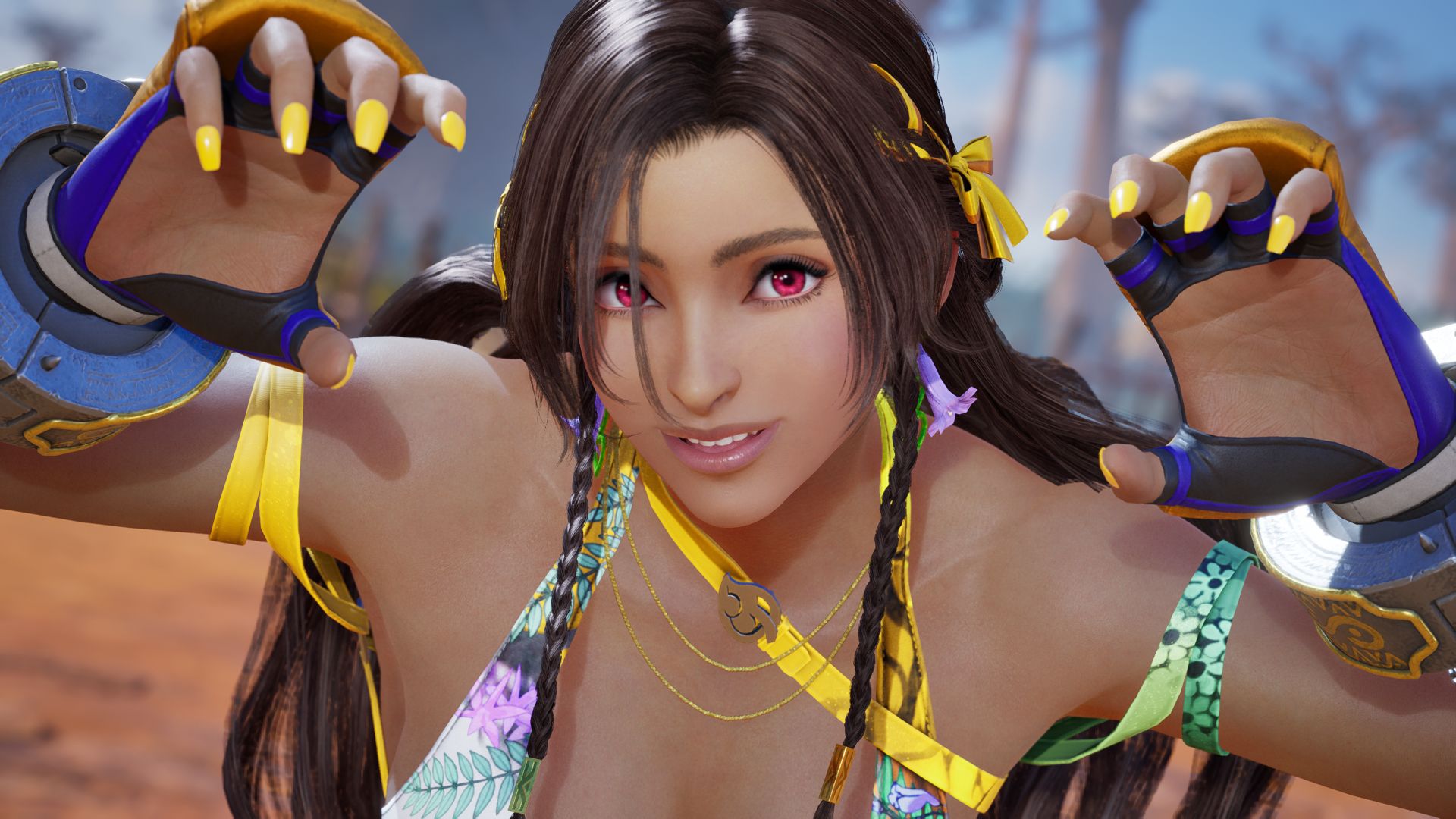
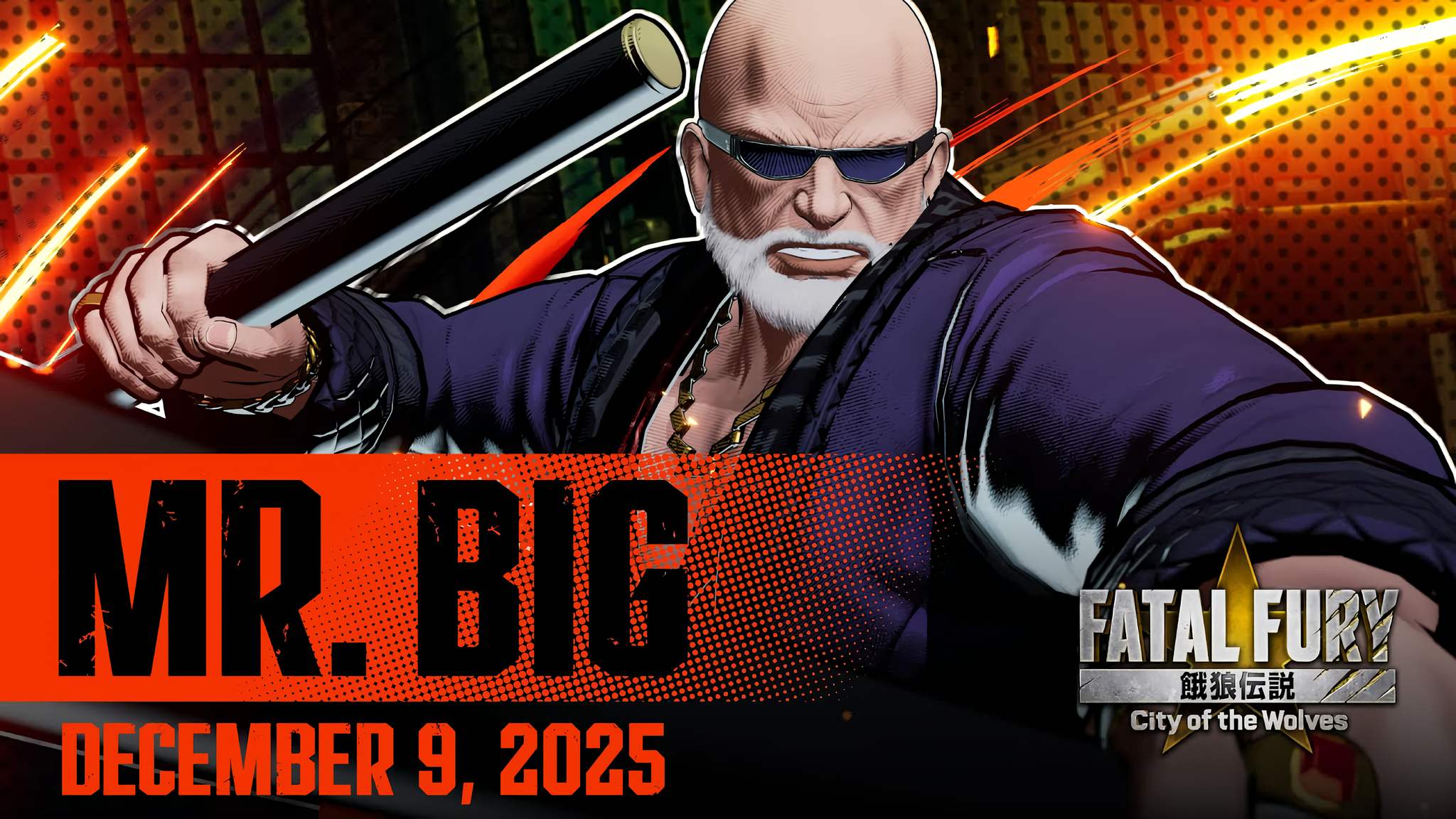
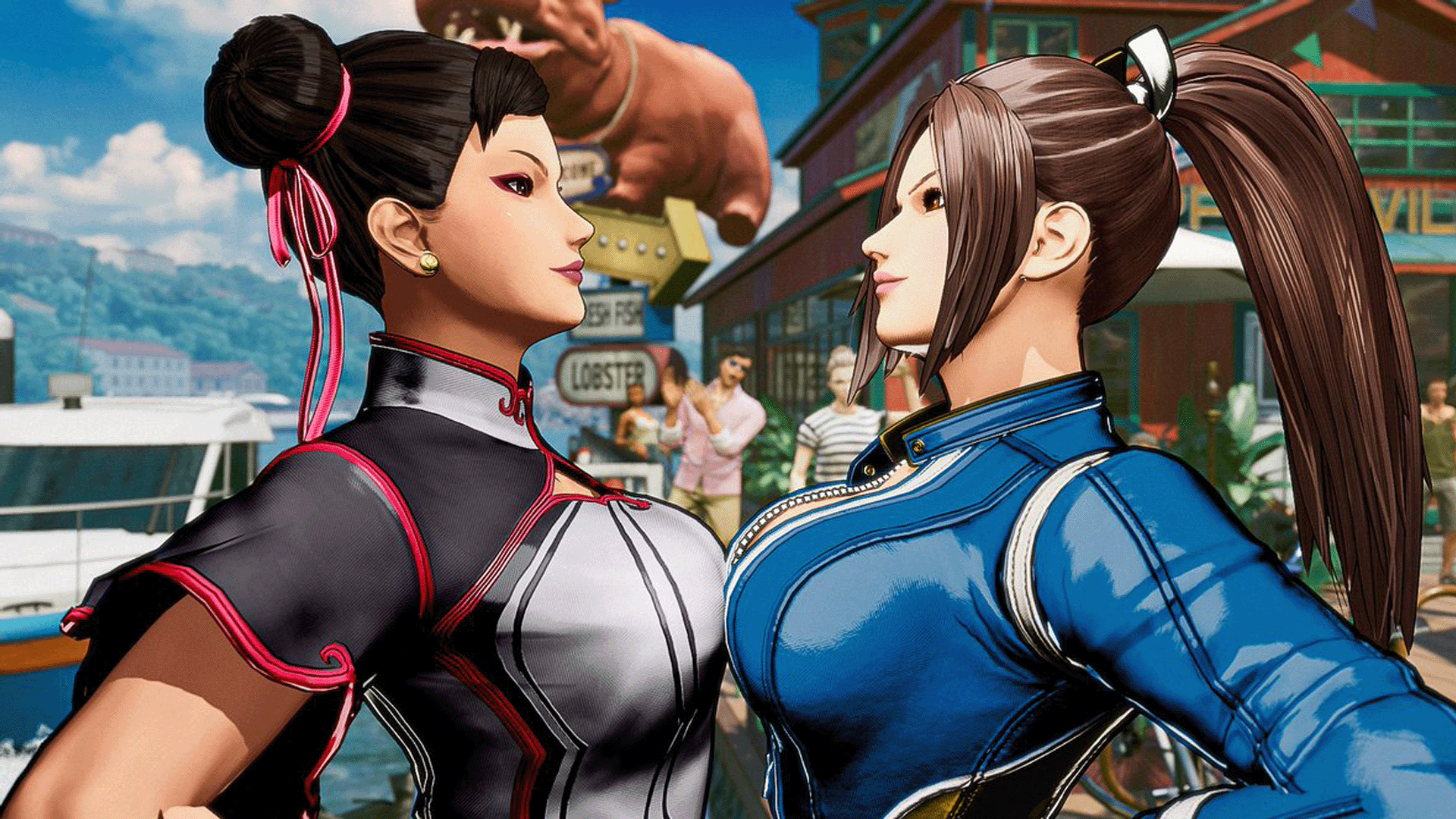
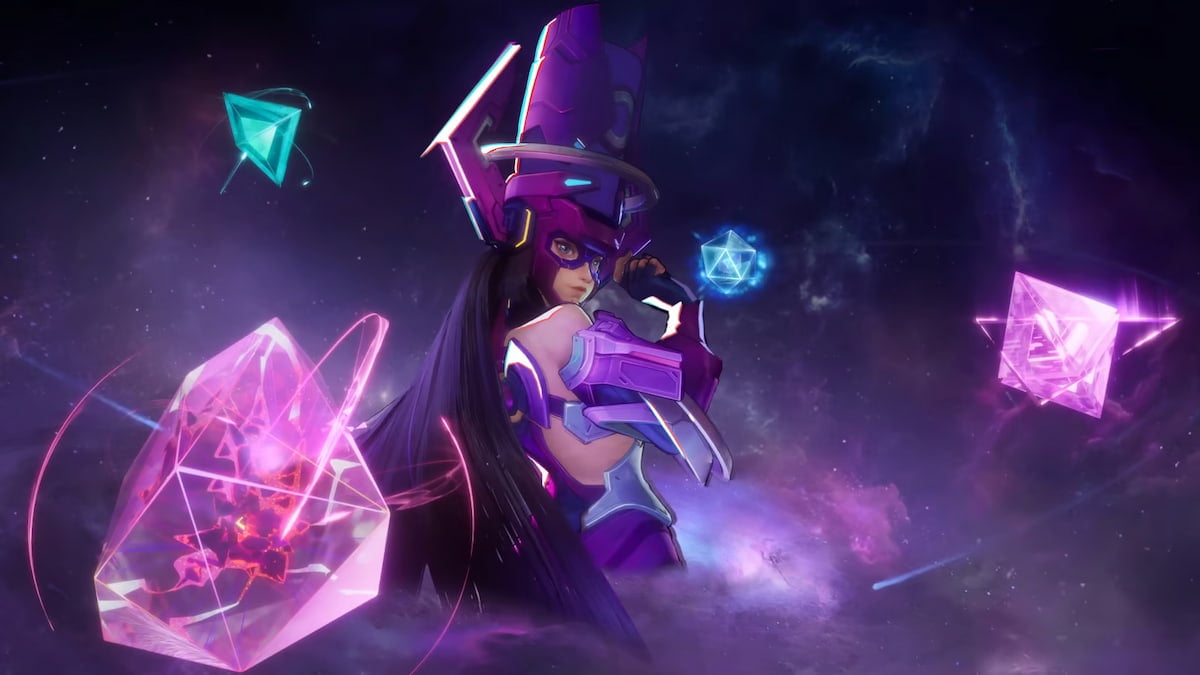
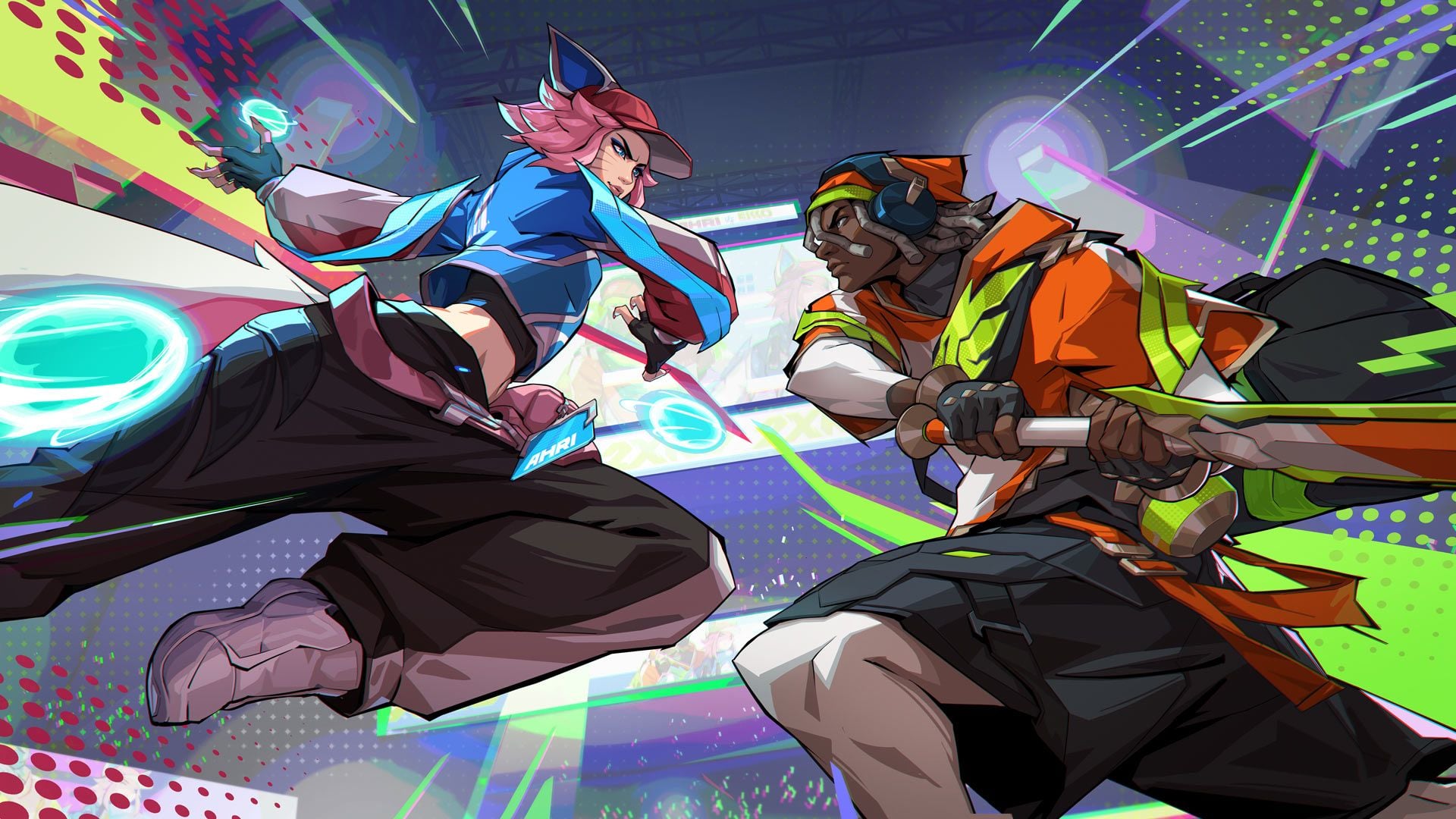

Published: Nov 17, 2023 12:41 am